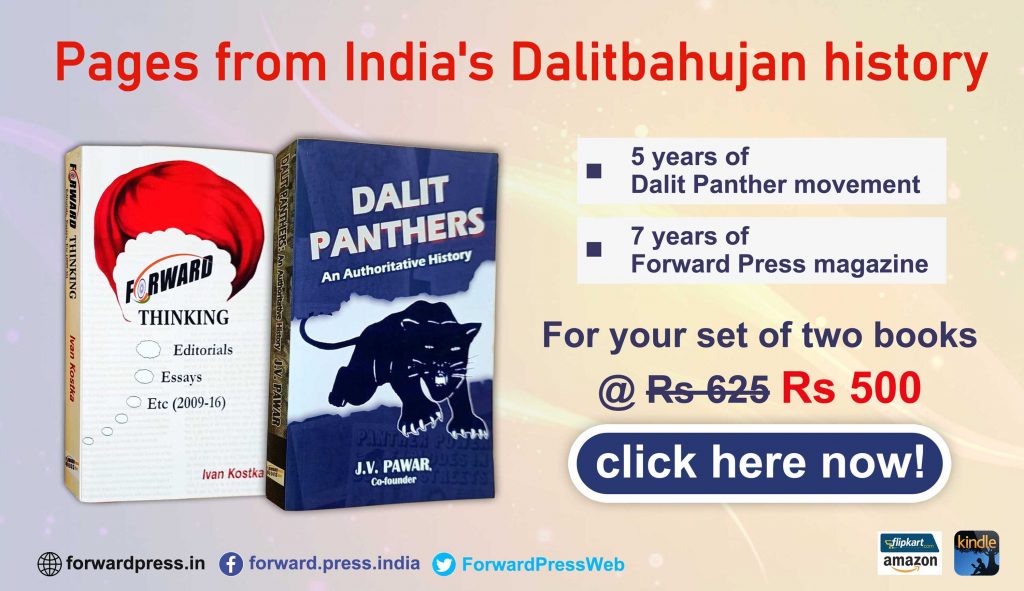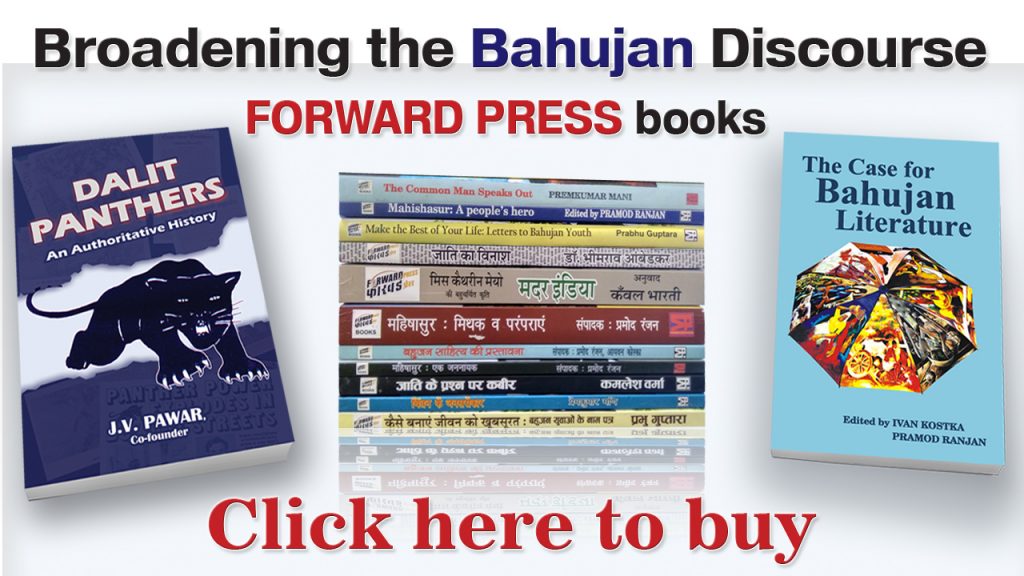Recently we had a brief viewing of a show on TV. And though most of these soap operas seem the same, the particular scene we caught was intriguing. A husband and wife were in conflict while a third party, a woman, watched them, with tears rolling down her cheeks. The angry wife eyeing the other woman with her husband shouted, “You do not need explain anything. I know everything! I am not stupid.” The husband went to tell his wife that the woman he was with was the fiancée of his colleague at the office. The woman was there purely as a friend. But that explanation fell on deaf ears. The wife had already made up her mind assuming that her perspective on the scene was correct. Assumptions and suspicions had clouded her mind and made her judgmental. She was convinced that she was a victim of betrayal.
In sheer annoyance the husband challenged his wife to reveal the details that she, claimed to know. When the wife provided the details, the husband became all the more incredulous at the information – information that she claimed was the factual truth. Exasperated by all this the husband whispered, “You couldn’t be more wrong”. He once again pleading his innocence and told her that his version of the event was the real truth and that she should trust him. At this the angry wife stormed out of the house shouting, “I cannot live with a man like you any more.”
Decisions were made. Conclusions were drawn. Result? Relationships became the ultimate casualty.
This TV serial is such a common display of how often our decisions and conclusions are drawn based on prejudiced views and perspective. These are perspectives drawn from presumptions, assumptions and cultural traditions within our community and family. Is it any wonder then that often such decision-making produces poor, if not bad results?
One of the reasons for the appearance of fissures in our relationships is the way we relate one to another in our families and workplaces. The most common causes that contribute to cracks in our relationships include our encounters based on our presumption, assumptions, biases, personality and culturally acquired traits. The other sources of influence that we accept are from hearsay and visual media, especially the soap operas. We are, after all, creatures of our culture, tradition, and influenced by our immediate surroundings and worldview.

What is the alternative?
Trust, we believe, is number one of the essential pillars of all relationship. Unfortunately, this is in short supply today. When we shared this thought with our good friend, he quipped, “People today are convinced that honesty, trust, truth and reliance are characteristics of a by-gone era. Today, only corruption works. Nothing can be done without being corrupt”.
The second pillar next to Trust is TRUTH. Although both may seem synonymous, they are not. Trust is relational. Truth is factual.
Trust, because it is relational, is easy to demand and to expect of others. But to keep trust intact and vibrant, it demands a lot of hard work and risk taking and truth-telling. This is especially true for those relationships that are most important to us. Some of these VIP relationships include those between the husband and wife, parents and children, between siblings, friends, colleagues and neighbours. We discussed aspects of this in our last column.
We shall try and concentrate on what we mean by truth and its role in decision-making in the context of our families.
The question, of course, remains, what can one do to avoid developing fissures in our relationships?
For starters, advocate to yourself and those within your immediate and priority list of important relationships, a strong and firm sense of truth and truth speaking. Here we must quickly add that truth speaking is not the same as straight speaking or just plain speaking or to “tell it like it is” whether one likes it or not. Truth speaking is much more. Of course, truth speaking would embody both the plain and the straight speaking within it. It would also demonstrate maturity coupled with concern with the ‘how’ of speaking the actual content of the “truth matter”. Truth speaking is, therefore, born of relationship. It demands and advocates both urgency and a sense of protection. It seeks how it might enable further edification and preserving honour, as well as guarding respect and integrity of all involved. Speaking the truth in love’ is the best way to build trust and, together, any relationship.
Truth and trust also seek to integrate and affirm values, morals, ethics, and a sense of right and wrong.
Further, fissures within a relationship can be prevented by asking appropriate questions, using appropriate words, and guarding our tone of voice. Truth speaking involves “asking the question in love”. We want to avoid, at all costs, any insinuation that would convey doubt and distrust.
When questions are put they ought to be open-ended. They need to seek to fill in missing details, if any. These questioned ought to be framed to communicate our need to make enquiry to help us facilitate informed decision-making rather than prejudiced and prejudged state on the issue and that ours is a mere exercise in futility.
Our enquiry and question asking must also communicate that those who ask questions are also willing to hear and listen. We aim that our decisions are made after a thorough enquiry of the matter.
Such an approach enables the one who is at the receiving end of a query a sense of opportunity to clear the air. It helps ease misgivings, fear of rejection, and from all prejudice that says, “You are being misunderstood or you will never be understood.” In stead trust and truth speaking provides a sense of safety, security and acceptance.
When we build such an atmosphere within our relationships, decision-making becomes not just a responsibility but a privilege, an honour and an opportunity to demonstrate and express in tangible ways our love and care for those whom we love dearly.
Concluded
Published in the February 2012 issue of the Forward Press magazine
Forward Press also publishes books on Bahujan issues. Forward Press Books sheds light on the widespread problems as well as the finer aspects of Bahujan (Dalit, OBC, Adivasi, Nomadic, Pasmanda) society, culture, literature and politics. Contact us for a list of FP Books’ titles and to order. Mobile: +917827427311, Email: info@forwardmagazine.in)
The titles from Forward Press Books are also available on Kindle and these e-books cost less than their print versions. Browse and buy:
The Case for Bahujan Literature
Dalit Panthers: An Authoritative History







